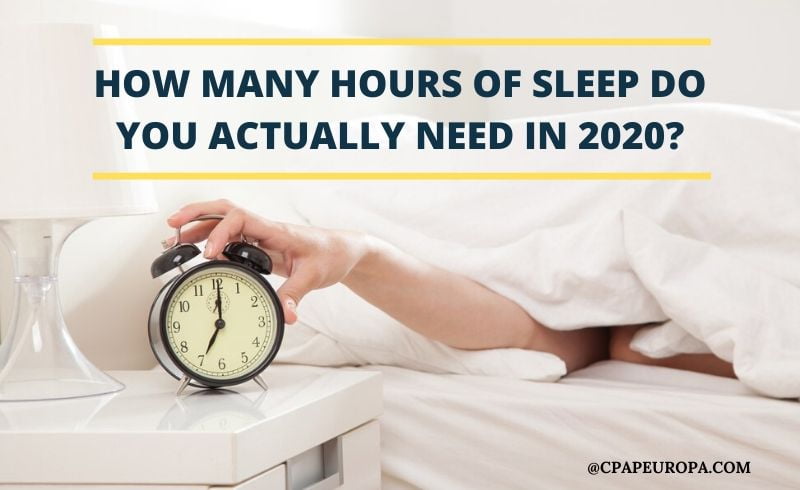
You might be wondering how to stay sleep-debt free, how to avoid sleep deprivation even if you are a short sleeper, how to live healthy in a century of sleep disorders, insomnia, sleep apnea, and a plethora of celebrities boasting about how they sleep 2 hours a night and feel OK. Take Martha Stewart, for example. Here’s what she has to say on sleeping:
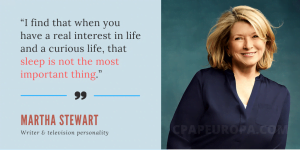
Not many sleep experts would ever quote Martha (unless for the purpose of utterly disapproving that statement). Especially when we look at some of Martha’s other quotes taken from her ‘Health and Wellness’ section at her website:
‘Our bodies work hard for us and we need to do our best to keep them healthy, fueled, and well-rested. […] Here is how we make sure we eat right, get enough exercise, control stress, and squeeze in better sleep…because wellness should be all of our top priority.’
Martha Stewart reportedly gets about 3-4 of shuteye each night. Reportedly, so is Donald Trump, Madonna, Jay Leno and other celebrities who like to get stuff done while sleeping as little as their body allows.
Unfortunately, being ‘healthy’ and ‘well-rested’ and 4 hours of sleep do not go hand-in-hand.
The power of the ‘power nap’
Among other historical short sleepers are Nikola Tesla (2 hours a night when in an inventing phase), Thomas Jefferson (2 hours), and Benjamin Franklin (4 hours). Tesla, for example, was a practitioner of the so-called “power nap” technique where you take a 20-minute nap during the day to recharge your mind and reinvigorate your work process.
Another great Thomas (Edison) was also an advocate of the power nap technique. In fact, for him, the lack of sleep was a badge of honor, so he had no other option but to try and get some, albeit short, time of “power nap” during the day in order to combat his fatigue.
In fact, Edison was so fond of power-naps, he had a dedicated napping cot in his office, in addition to the cot he has set up in his library and laboratory.
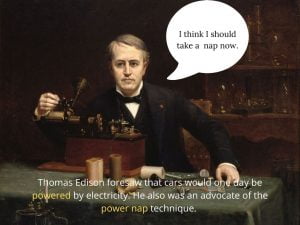
So the moral of the story is that celebrities and geniuses need less sleep than us mortals?
Well, not exactly. Not even close to the truth, actually. Before we go further into that, let’s mention the historical sleepers who got things done only AFTER they have received their healthy dose of sleep each night.
Ernest Hemingway:
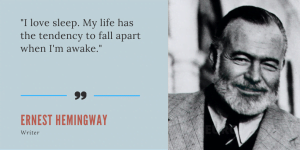
Hemingway is just the first that comes to mind. Another genius historical sleeper is Albert Einstein, who was not a big fan of sleep deprivation, either. He slept a full 10 hours a night; sometimes even more. And, there’s also Winston Churchil, who made sure to get his 8 every single day.
But when it comes to geniuses, the finest example of a chronic sleep-lover is genius-prime Leonardo DaVinci, who took 20-minute ‘power naps’ every 4 hours of being awake!
Unfortunately, there are certain limits even with the power nap and geniuses. You cannot be carrying out a power-nap program without suffering the consequences of sleep deprivation. Your brain just hand handle it; and, eventually, rather soon than later, it will ask for a time-out, to try and recover what you have been doing to your body. If your brain fails to do so, you will be exposed to a particularly harmful sleep deprivation cycle which can have serious health risks.
At the other end of spectrum are people who have no choice but to sleep less
Sleep is more often than not caused not by a voluntary decision to work more and sleep less, but by an underlying sleep disorder. Emily Bronté is an example of chronic short sleeper not by choice or by following a ‘power-nap’ routine, but because of a terrible case of insomnia. In fact, her insomnia case was so severe that the great 19th-century poet and author of the timeless classic Wuthering Heights had to circle around her dining room table to try and get sleepy.
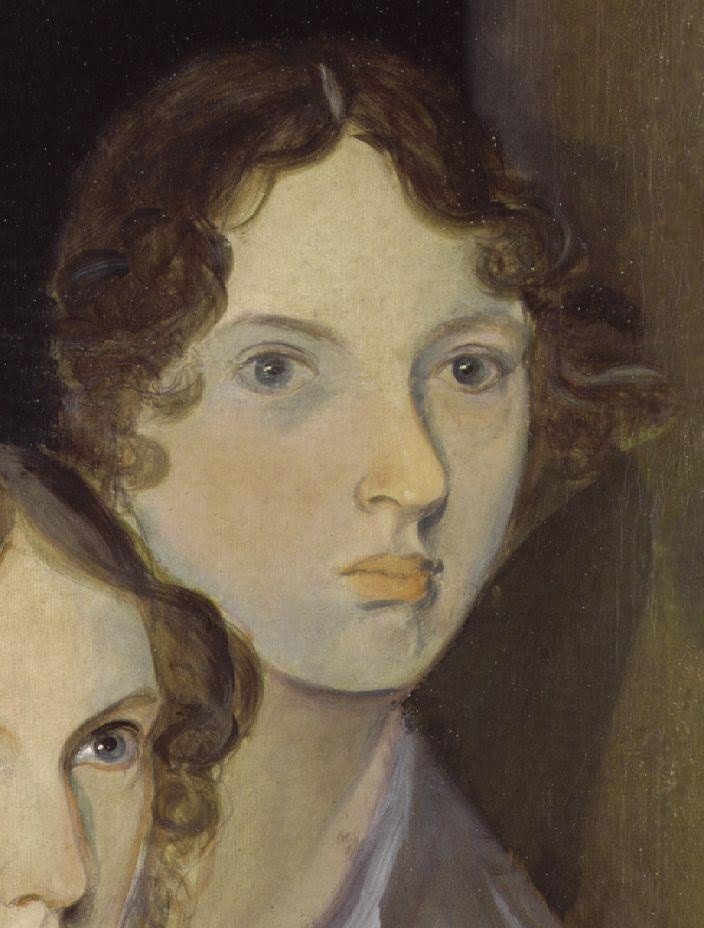
So why is sleep that important?
Sleep is—how to put it mildly—EXTREMELY important for the body. Chronic sleep loss can be extremely detrimental to our long-term health. The genes controlling our immune system simply rely on restorative sleep to maintain the body healthy. Not getting enough shuteye may affect heart health, weight and our body’s capability to deal with stress.
Sleep deprivation impairs both the body and the mind equally negatively, with the first to fall in battle being mental prowess, decision making and ability to perform daily tasks at full capacity.
So why not just reboot our entire body and with just sleeping? Sounds easy, right? Not if you suffer from a sleep disorder such as insomnia or sleep apnea.
Here is how many hours of sleep you need, according to researchers and sleep experts
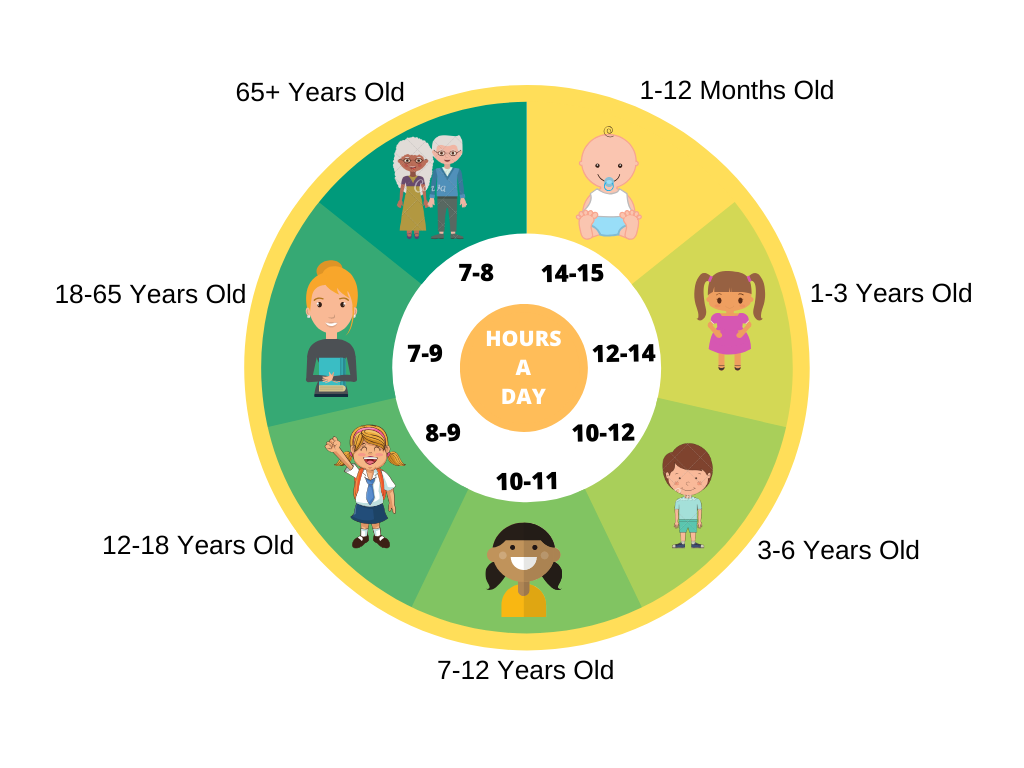
How is the human gene affected by sleep deprivation?
Research conducted at the Sleep Research Center at the University of Surrey, England, has shown that not getting enough restorative sleep directly affects the functionality of several hundred of genes, such as the genes responsible for the immune system, the genes controlling weight gain, cognition and heart function.
Getting enough sleep each night is vital for keeping your body and mind in healthy shape. And, when you think about it, why not—it takes so little effort to do so.
The New AirSense 11 is now available in Europe and the UK (AirSense 11 UK Version).
But why is it so hard in practice?
Most people work 9 to 5. In order to have enough time to prepare for work and avoid traffic, the majority of people wake early; and have no time for an afternoon nap during the day. Then the evenings come and you have to shower, prepare for dinner, read a book/watch TV, and try and get into bed as soon as possible… or else, suffer the daytime consequences.
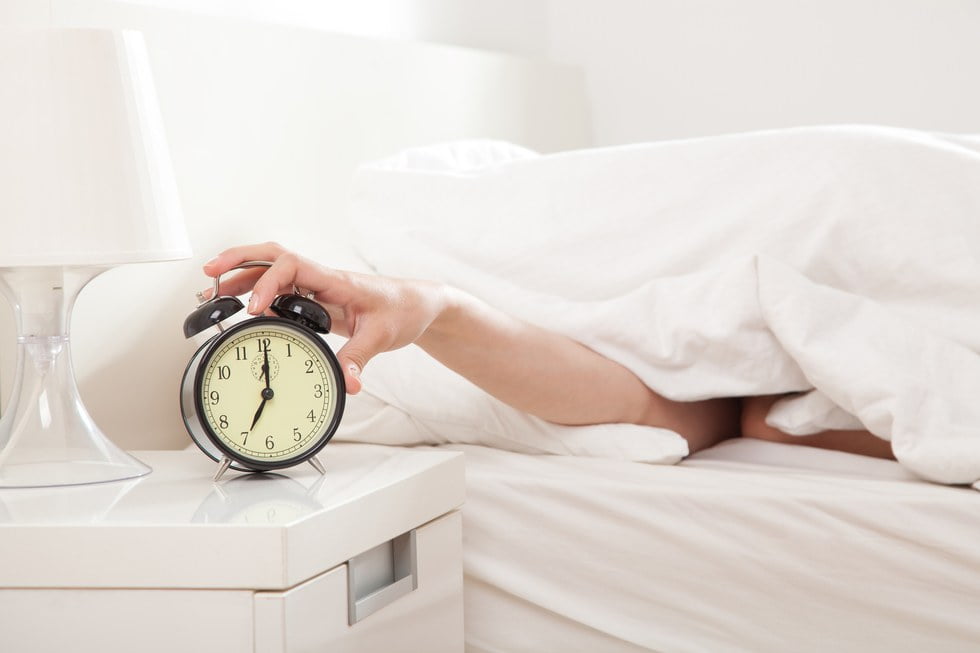
How to improve your sleep?
Here are a few things you can do to go to bed early and have a good restorative sleep. Adopt a routine and follow it.
- Leave work at work
Leave on time and also leave work behind when you go home. You can still work hard during the day, but when you enter your doorstep in the evening, make sure you leave all work-related thoughts outside. You can even leave the office later than take unfinished work home. It is really detrimental to your sleep.
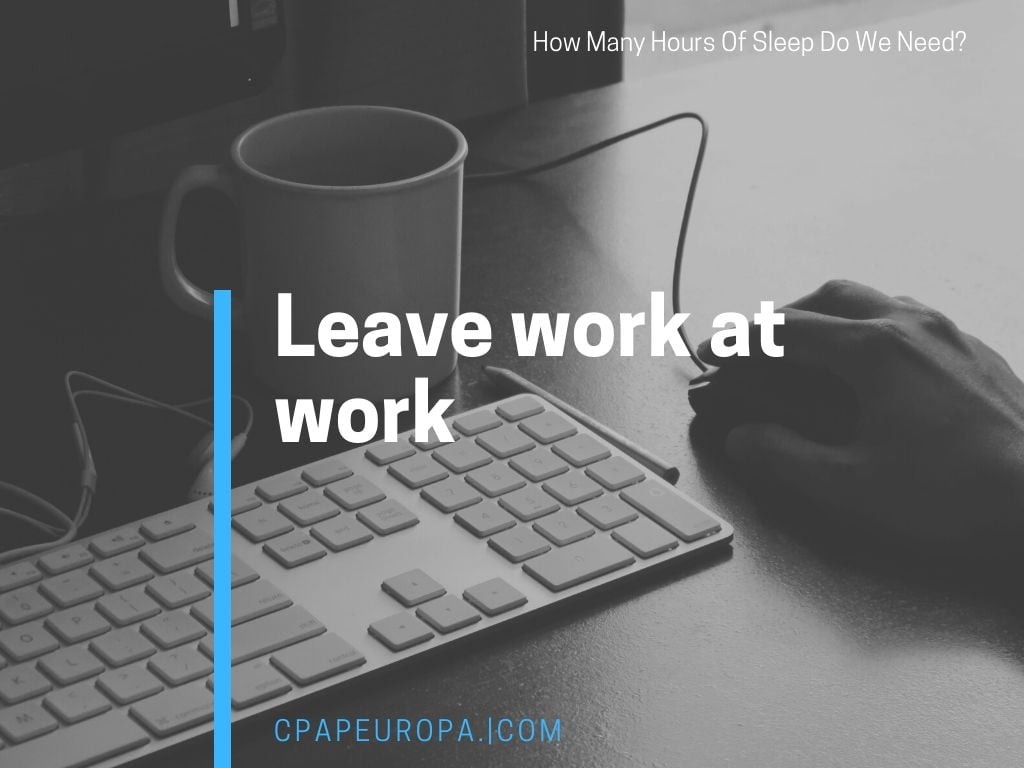
- Do not procrastinate your household duties and complete them on time
Once home make sure to complete your household business on time and go to bed preferably at one and the same time each night. Going to bed later than that will wreak havoc to your schedule and directly affect your sleep pattern.
- Put your devices away half an hour before you go to sleep
It is of the utmost importance to not use your devices at least half and hour before you go to sleep. The short-wavelength, artificial blue light light from your TV, phone, tablet or laptop will make it harder to fall alseep because they suppress the release of melatonin. Melatonin is the sleep inducing hormone which your body naturally releases to put you at rest. If you don’t want to dusturb your circadian rhythm, make sure to go sleep.
- Read in bed
Reading a book in bed both stimulates the brain and puts your entire body at ease. Reading in bed will also help with bad dreams, as long as you keep away from Stephen King’s horror masterpieces.
- Do not think about work on weekends
Same as do not take work home, but applying for the weekends, too. Keep your thoughts away from how your week went at the office or what you have to do on Monday.
- Healthy eating equals healthy sleeping
By decreasing the amount of saturated fats and sugar while focusing on healthier fiber-rich foods you can drift off and enter deep sleep much easier. Diet-stimulated heartburn can keep you up, so keep away from fried nor high-fat foods or alcohol. Adopt a balanced diet including fresh fruits and vegetables and low-fat proteins rich in B vitamins. It has been scientifically proven that B-vitamin foods can help the body produce the sleep-cycle regulating hormone melatonin.
- Stay hydrated
Drink one glass of water just before bed. It will help you avoid experiencing thirst or dehydration while asleep. What happens during sleep is that you experience a sleep-induced fluid loss, simply by breathing. Especially if you breathe through your mouth, are a heavy snorer, or suffer from sleep apnea.
If you want to stay adequately hydrated, do not just rely on a cup of water before bed but make sure to drink non-caffeinated liquids throughout the day as well. And remember – no coffee after 6 PM.

- Check yourself for sleep disorders
Did you know that there are more than 95 identifiable sleep disorders? Each with its own set of sleep-affecting symptoms. One of the most debilitating ones is obstructive sleep apnea (OSA), which is estimated to affects more than 900 million people on the planet.
To be absolutely sure that you don’t have OSA or suffer from some other form of sleep disorder, talk to your physician so they can assess your symptoms and possibly schedule a sleep apnea test. To read more about sleep disorders here.
What to do if you indeed have obstructive sleep apnea?
No one can say the exact number of OSA sufferers because the vast majority of them do not even realize they have the disorder until diagnosed. To read more about obstructive sleep apnea, please visit our Sleep Apnea guide here. To learn about the other major types of sleep disorders, keep reading.
If your sleep deprivation is caused by a diagnosed sleep disorder such as obstructive sleep apnea, you should consider starting CPAP therapy in the comfort of your home. If you have signs of sleep apnea, have already been diagnosed with OSA, or have been prescribed PAP therapy, you can purchase a CPAP machine and mask to put an end to the debilitating effect this disorder has on your sleep and health.
Losing even an hour of sleep can have a significant impact on your organism, such as your cardiovascular health, the body’s ability to fight infection, and your ability to think clearly.
The body cannot adjust easily to irregular sleep schedules (jetlag syndrome being a prime example of this). The biological clock is not a mechanical one in order to tune into a different sleep schedule by the click of a button.
Quick facts:
About 40% of adolescents and children run into a certain form of sleep problem in their development phase
Conclusion
The quantity of sleep is not as important as the quality of sleep. Even if you put 8-9 hours to bed each night, if you wake up frequently at night or suffer from a sleep disorder, chances are these 9 hours would not even matter in feeling fully rested in the morning.
Sleeping more during weekends will not make up for the lack of restorative sleep during the week. Not to mention that sleeping more during the weekend can disturb your sleep cycle and make it hard to wake up early on Monday.
The average adult needs seven hours of sleep per night, although this can lead to chronic sleep deprivation. Combined with an underlying sleep disorder, 7 hours of sleep per night is a recipe for disaster, which is why it is so important to address the problem as soon as possible. With the advancement of age, the more hours you need to get a good night’s sleep.
References
“A genetic analysis of sleep. Sleep disorder genomics and polymorphisms in circadian clock genes”. http://genesdev.cshlp.org/content/24/12/1220.full
“Lack of sleep alters human gene activity”. https://www.surrey.ac.uk/features/lack-sleep-alters-human-gene-activity
 4.8 out of 5 based on 182 reviews
4.8 out of 5 based on 182 reviews 
